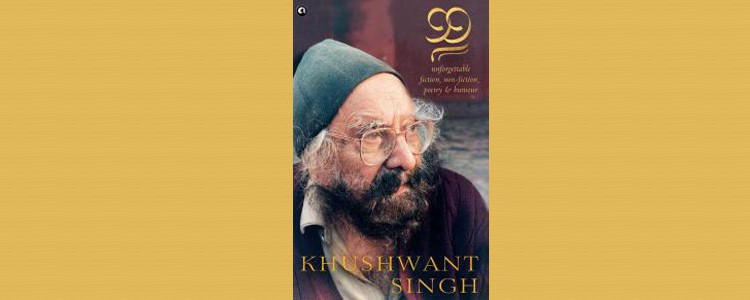“The Puffin Book of Hindu Gods and Goddesses”
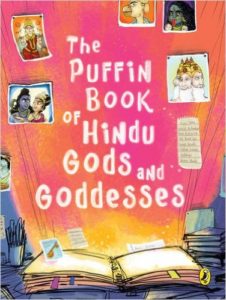 The Puffin Book of Hindu Gods and Goddesses is a nifty introduction to the prominent gods of the Hindu pantheon. It is a peppy reference to the gods and goddesses one encounters often in Hindu mythology. These are the ones such as Vishwakarma, Brahma, Shiva, Vishnu, Saraswati, Parvati, Lakshmi, Ganeshea, Hanuman, Durga and Kali whom one hears of often. There is a neat catalogue with short descriptions of the prominent gods and their avatars such as Shakti/Sati ( Durga, Kali and Meenakshi); Vishnu ( Matsaya, Kurma, Varaha, Narasimha, Vamana, Rama, Krishna, Balrama, Kalki, Jagannatha ); Shiva ( Rudra, Bhairava, Nataraja, Lingam) and Ardhanareshwari ( Shiva + Shakti). In the opening pages describing the Vedic gods the authors — Neelima P. Aryan and Ameya Nagarajan — have tried drawing parallels between the gods of Hindu and Greek mythology. For instance, Akash with Zeus — both are considered to be the father of gods. Each description is accompanied by a full-page illustration created in bright colours by Priyankar Gupta that are charming but have done little to break out of the mould
The Puffin Book of Hindu Gods and Goddesses is a nifty introduction to the prominent gods of the Hindu pantheon. It is a peppy reference to the gods and goddesses one encounters often in Hindu mythology. These are the ones such as Vishwakarma, Brahma, Shiva, Vishnu, Saraswati, Parvati, Lakshmi, Ganeshea, Hanuman, Durga and Kali whom one hears of often. There is a neat catalogue with short descriptions of the prominent gods and their avatars such as Shakti/Sati ( Durga, Kali and Meenakshi); Vishnu ( Matsaya, Kurma, Varaha, Narasimha, Vamana, Rama, Krishna, Balrama, Kalki, Jagannatha ); Shiva ( Rudra, Bhairava, Nataraja, Lingam) and Ardhanareshwari ( Shiva + Shakti). In the opening pages describing the Vedic gods the authors — Neelima P. Aryan and Ameya Nagarajan — have tried drawing parallels between the gods of Hindu and Greek mythology. For instance, Akash with Zeus — both are considered to be the father of gods. Each description is accompanied by a full-page illustration created in bright colours by Priyankar Gupta that are charming but have done little to break out of the mould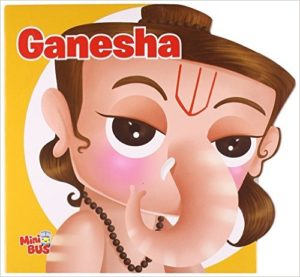 created by Anant Pai decades ago.
created by Anant Pai decades ago.
The Puffin Book of Hindu Gods and Goddesses is the kind of book which will forever be in demand. It is a beautifully produced four-colour book printed on good art paper allowing for rich reading experience in print. A good production will also ensure that despite being flipped through often the book will withstand any rough use. Creating a reasonably priced book as an in-house department product by the Puffin team will definitely ensure a steady stream of revenue for the firm — a classic formula used often by other firms as well. It is also a fine example of sharp commissioning that straddles the hyper-local and diaspora markets.
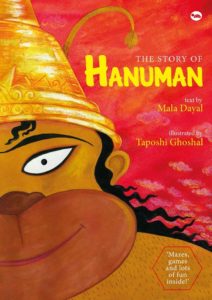 Having said that there are a few more examples of illustrated books on the Hindu gods
Having said that there are a few more examples of illustrated books on the Hindu gods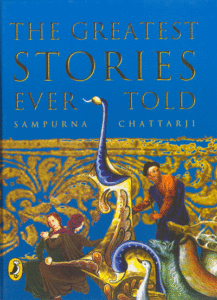 and goddesses that have proven to be extremely popular — Bhakti Mathur, Pixar’s Sanjay Patel‘s series, a wonderful series of cut out board books for children by Om Books editorial team and splendid books on Hanuman and Krishna by
and goddesses that have proven to be extremely popular — Bhakti Mathur, Pixar’s Sanjay Patel‘s series, a wonderful series of cut out board books for children by Om Books editorial team and splendid books on Hanuman and Krishna by
Mala Dayal and on Shiva by Subhadra Sen Gupta published by Red Turtle.
Now for some enterprising publishing firm to create books on gods and goddesses of other religions as well. Puffin India, Juggernaut and Om Books have opened the innings with collection of stories from the Quran and the Bible with their retellings. Goodword books creates phenomenal Islamic books for children. In the past Penguin India had also published a beautiful anthology of greatest stories ever told from various faiths edited by Sampurna Chattarji ( 2004). Maybe it is time to revive some of the backlist publications once more.
16 March 2017

